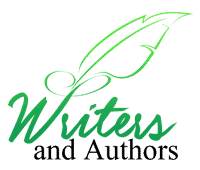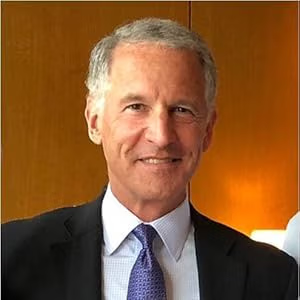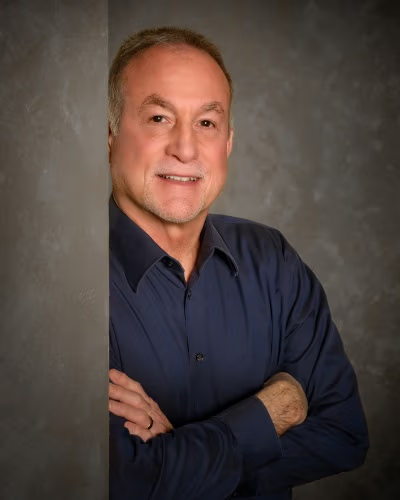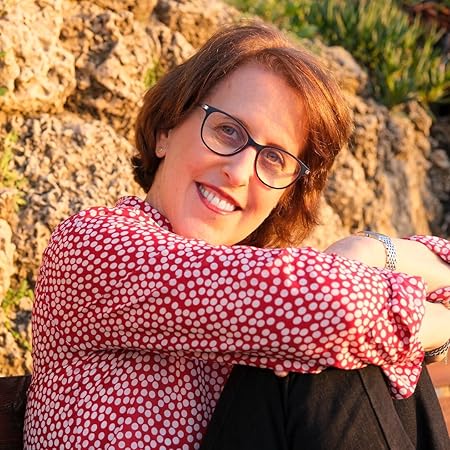Writers N Authors recently had the unique opportunity to sit down with an anonymous author who has penned the thought-provoking book Everything I Know About the Universe: Meditations on Reality and Spirituality from a Doctor, a Patient, a Scientist, and a Reluctant Believer. This memoir delves deep into the intertwining of science and spirituality, reflecting on life’s most profound questions through the lens of someone who has lived on the brink of mortality and navigated the worlds of medicine, academia, and personal belief.
Writers N Authors: Your journey as a patient with a rare cardiac condition clearly influenced this book. How did facing your own mortality shape the way you approach fundamental questions about existence and what it means to be a good person?
Anonymous: The cardiovascular system is really just a set of pumps. When you see those pumps failing in real time, it forces you to view yourself as a set of mechanisms rather than a monolithic entity. This experience made life seem exceedingly fragile to me. It didn’t necessarily change my perspective on being alive, but it did make me acutely aware of the preciousness of life. In the context of such fragility, questions about why we exist and what it means to be good become far more poignant.
Writers N Authors: As a professor and physician, you are well-versed in the academic and scientific worlds. What challenges did you face when trying to bring spirituality into these spaces, and how did you overcome them?
Anonymous: Academia has become increasingly siloed, and spiritual discussions are often unwelcome. The revelations from physical sciences offer remarkable insights, yet there’s no forum in academia to discuss their spiritual implications. To foster intellectual progress, we must create multidisciplinary conversations that include spirituality.
Writers N Authors: You mention that academia has not been conducive to asking holistic questions since the 1700s when science and spirituality were separated. Why do you believe this shift occurred, and how has it impacted our understanding of the universe?
Anonymous: The shift in the 1700s, particularly with the rise of for-profit funding of science, pushed science and spirituality apart. This separation has sterilized our understanding of the universe, focusing on mechanistic insights at the expense of moral and spiritual exploration. This historical shift has deeply impacted our intellectual and moral progress.
Writers N Authors: Your experience as both a scientist and a patient gives you a unique perspective on the complementary nature of science and spirituality. Can you elaborate on how these two seemingly different fields work together to address fundamental questions?
Anonymous: Science answers the “how” questions, while spirituality addresses the “why” questions. Together, they offer a more holistic understanding of the universe. Mechanistic insights from science can inform spiritual exploration, but spirituality requires us to look beyond just the physical mechanisms of reality.
Writers N Authors: How did your background in editing and reviewing medical manuscripts help shape the structure and content of Everything I Know About the Universe? Did your editorial work influence your approach to writing about such complex topics?
Anonymous: My career as an editor emphasized objective analysis, which I applied to writing this book. Despite being a lifelong atheist, I followed a path of reason rather than emotion to explore spirituality. My editorial experience helped me maintain an objective perspective while navigating deeply personal and complex topics.
Writers N Authors: Given your experience with post-modern discussions and the growing divide between atheists and theists, how do you think society can move beyond this acrimony to foster a more integrated understanding of existence?
Anonymous: Humility and a revaluation of spiritual and moral discourse are key. We need to listen, ask questions, and think humbly. By acknowledging our common humanity, we can foster unity and understanding in our pursuit of the “big questions” in life.
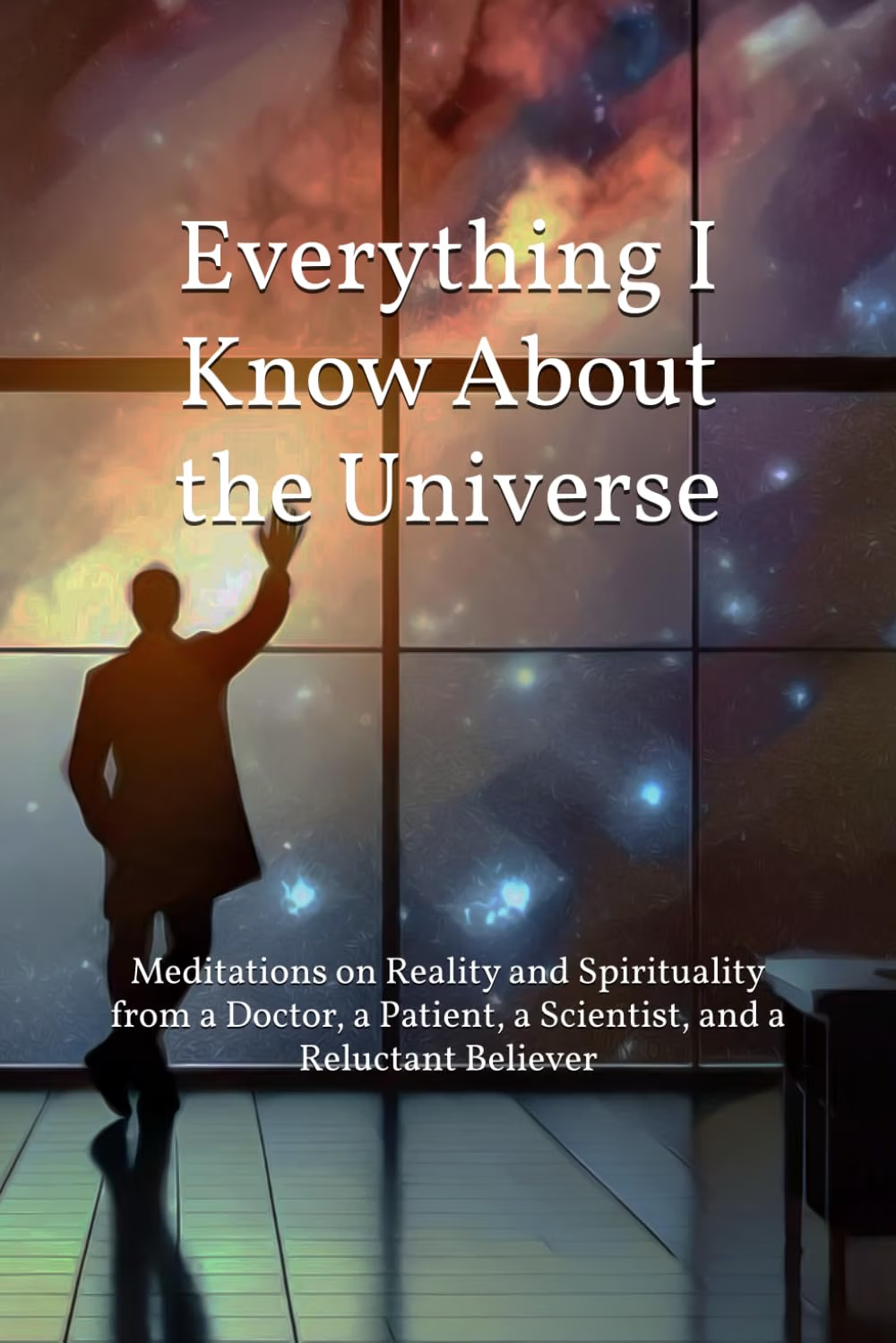
Writers N Authors: In the book, you critique both scientific and religious dogma. How did your personal experiences as a patient inform these critiques, and how do you suggest others navigate the balance between science and spirituality in their own lives?
Anonymous: My personal experiences as a patient gave me a deeper appreciation for life’s fragility and the grace of others. I advocate for an objective approach to spirituality, balancing personal experience with reason and critical thinking. Navigating this balance requires an appreciation for both scientific knowledge and spiritual insight.
Writers N Authors: You have written over 50 peer-reviewed publications in medical literature. How does writing Everything I Know About the Universe differ from your previous academic work, and did you find this project more or less challenging?
Anonymous: This book was a labor of love, separate from my career goals. It required a humbler approach and was more challenging in many ways, as I was exploring a field where I have no formal expertise. The writing process was both a personal journey and a learning experience.
Writers N Authors: As a physician, how do you see the role of spirituality in the healing process? Have your own health challenges changed the way you practice medicine, particularly when it comes to addressing the spiritual needs of your patients?
Anonymous: Spirituality plays an essential role in holistic health, though it’s often overlooked in modern medicine. My health challenges have deepened my appreciation for spiritual well-being, and I now see it as a crucial component of patient care, complementing the physical aspects of healing.
Writers N Authors: What advice would you give to other academics and medical professionals who are interested in exploring spiritual questions alongside their scientific work? How can they navigate potential pushback from the academic community?
Anonymous: Academics should broaden their focus to include multidisciplinary questions, particularly those related to spirituality. We need a cultural shift that embraces spiritual questions as universal and unifying, rather than divisive. Creating forums for these discussions within academia is essential for fostering this integration.
Writers N Authors: Your journey has led you to revisit fundamental questions that are often overlooked in academia. What do you think is the most important question we should be asking ourselves in both science and spirituality, and why?
Anonymous: The most important questions are the “big questions” we all ask: Why do we exist? What does it mean to be a good person? These questions are universal and deeply human. They are intertwined with our understanding of the universe and should be central to both scientific and spiritual exploration.
Writers N Authors: How has your work with the Veterans Health System influenced your understanding of the human condition and the need for both scientific and spiritual nourishment?
Anonymous: My work with veterans has given me a profound appreciation for non-commodified healthcare and the spiritual nourishment that comes from caring for others. It has reinforced my belief that spirituality is essential for holistic health and well-being.
Writers N Authors: What do you hope readers take away from your book? How do you envision it contributing to the ongoing conversation about the relationship between science and spirituality?
Anonymous: I hope readers think more humbly and recognize the unifying potential of spiritual questions. I want communities to come together to explore these questions, bridging the gap between science and spirituality. My goal is to encourage a broader, more inclusive dialogue that enriches our understanding of the universe.
Writers N Authors: Given the personal nature of this book, what has been the most rewarding part of writing it, and how has it impacted your own views on life, death, and what it means to be a good person?
Anonymous: Writing this book was a journey that profoundly changed my perspective. I’ve come to realize that our actions are forever written into the cosmos, and this has impacted every aspect of my life. While I still seek answers to what it means to be a good person, I now approach life with much more thoughtfulness.
Writers N Authors: Why did you choose to remain anonymous in writing this book? How does the anonymity contribute to the message you’re hoping to convey?
Anonymous: My anonymity allows the book’s message to stand on its own, without being overshadowed by my career or personal identity. It also protects me from potential backlash, allowing for a more open and honest dialogue about the intersection of science and spirituality.
Everything I Know About the Universe is more than just a memoir; it’s an invitation to explore the profound questions that shape our existence. Whether you’re a scientist, a spiritual seeker, or someone simply looking for deeper meaning, this book offers insights that challenge conventional thinking and encourage a more holistic understanding of life.
Ready to dive into the intersection of science and spirituality? Purchase Everything I Know About the Universe on Amazon today and join the conversation.
